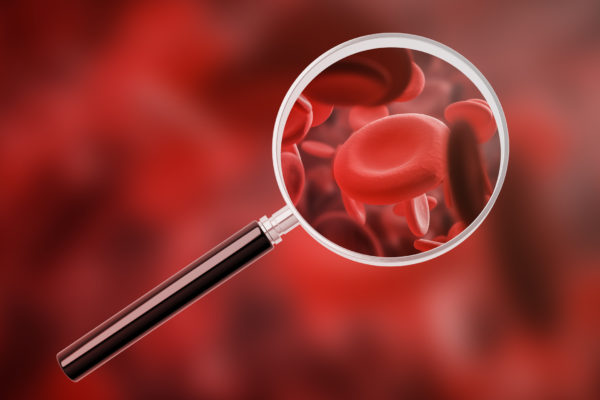
Haemolytic disease of the foetus and newborn (HDFN) is a rare yet critical condition associated with potentially life-threatening anaemia in the developing foetus. The results of the UNITY trial, published in Nature Medicine, show that most patients treated with nipocalimab achieved a live birth at or after the gestational age of 32 weeks without the need for an intrauterine transfusion throughout their entire pregnancy. The therapy also showed a favourable safety profile, supporting further development of nipocalimab as a potential treatment for HDFN.
Haemolytic disease of the foetus and newborn (HDFN) is a rare autoantibody-driven disease where antibodies produced in a pregnant woman’s immune system cross the placenta and attack foetal red blood cells. This leads to foetal haemolysis, causing anaemia and, in severe cases, life-threatening complications. Currently, there are no approved therapeutics for the treatment of HDFN, and pregnancies affected by severe HDFN may require repeated intrauterine transfusions (IUTs). This invasive procedure comes with its own risks, including a higher chance of foetal mortality and premature birth.
Nipocalimab is an investigational, fully human, monoclonal antibody that selectively blocks the Fc receptor (FcRn), reducing the levels of circulating immunoglobulin G (IgG) antibodies, including those causing HDFN. Blockade of FcRn by nipocalimab has the potential to reduce overall autoantibody levels while maintaining immune function. It is also believed to prevent placental transfer of maternal alloantibodies to the foetus. Currently, nipocalimab is the only therapy in clinical development for the treatment of alloimmunised pregnant adults at risk of severe HDFN. To assess the safety and effectiveness of nipocalimab in treating HDFN, the proof-of-concept phase 2 UNITY trial was conducted.
The global, multicentre, open-label, phase 2 UNITY included 14 patients who were at high risk of developing HDFN. These patients received weekly intravenous infusions of nipocalimab. The primary objective of the study was to assess the occurrence of live births at or after 32 weeks of gestational age without the need for IUT throughout the entire pregnancy. Adverse events were monitored up to approximately 24 weeks post-delivery for parents and up to approximately 96 weeks post-birth for children.
The results of the trial demonstrated that most pregnant patients treated with nipocalimab achieved a live birth at the gestational age of 32 weeks, or after, without requiring IUT at any time during pregnancy, therefore meeting the primary endpoint of the trial. Furthermore, nipocalimab exhibited a favourable safety profile during the approximately 20-week treatment period.
These early results represent an important step towards delivering a potential medication for expectant mothers at high risk of severe HDFN. The promising efficacy results, together with the manageable safety profile, support further investigation of nipocalimab.
References